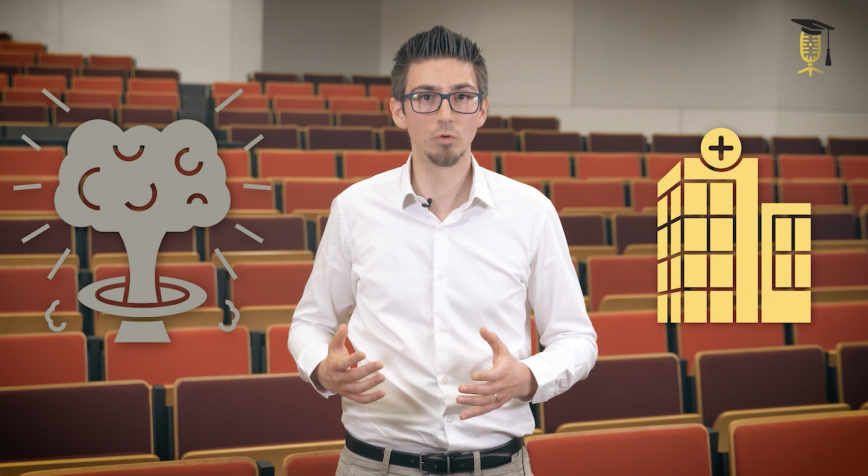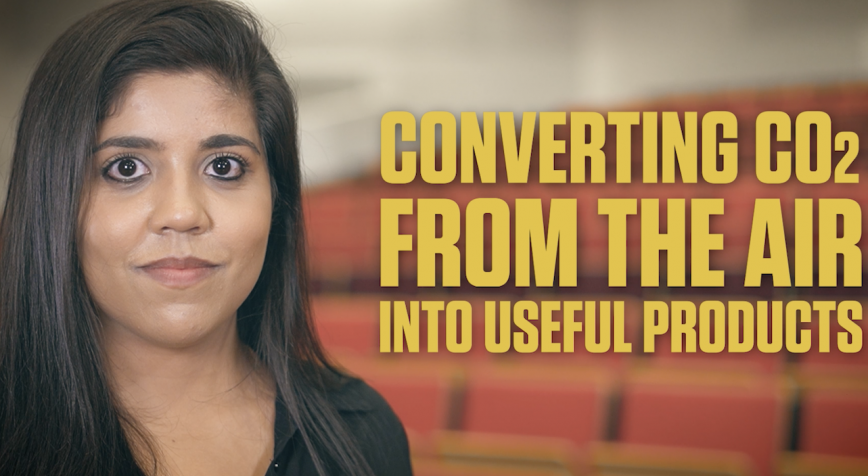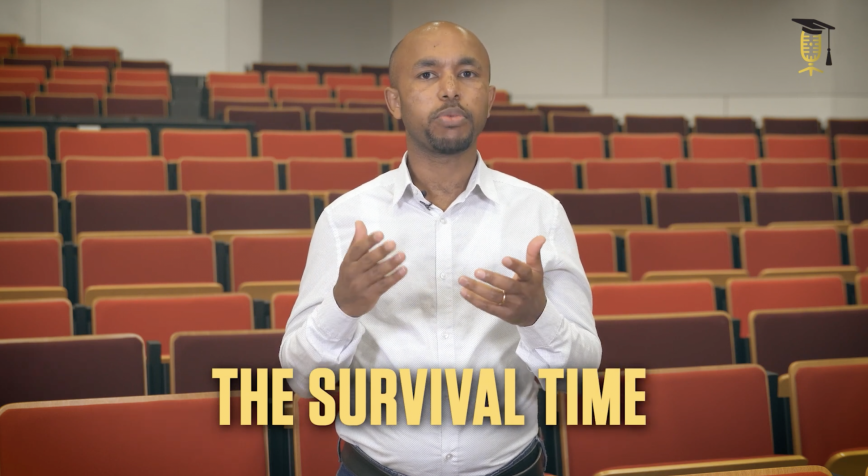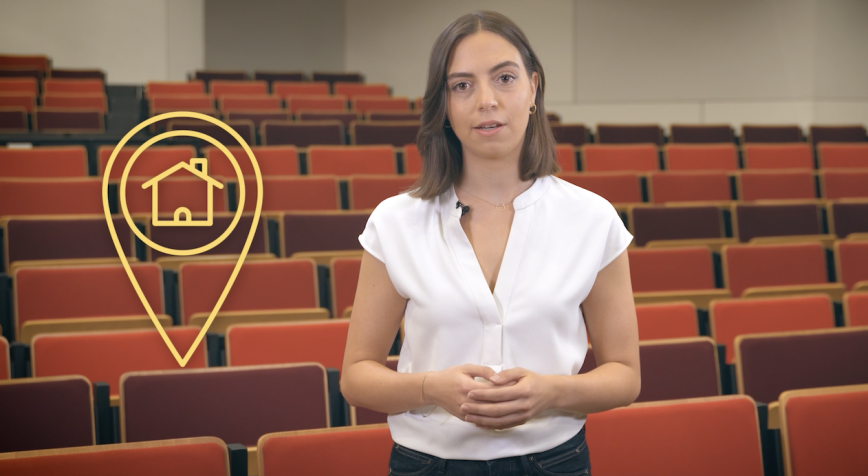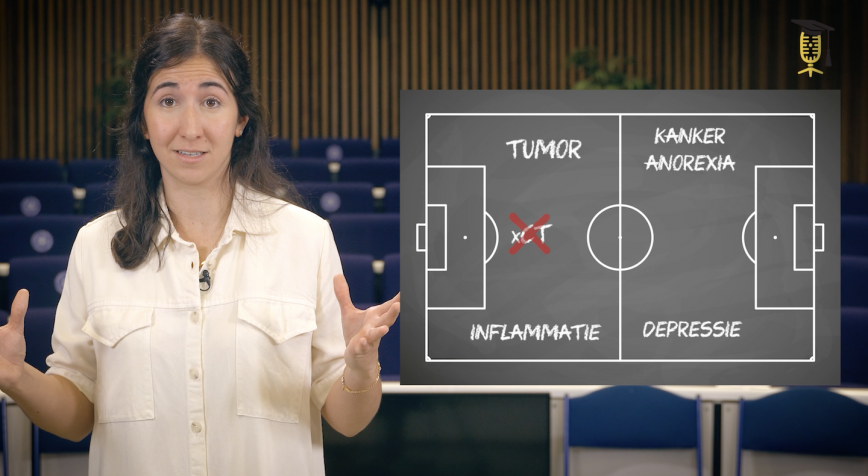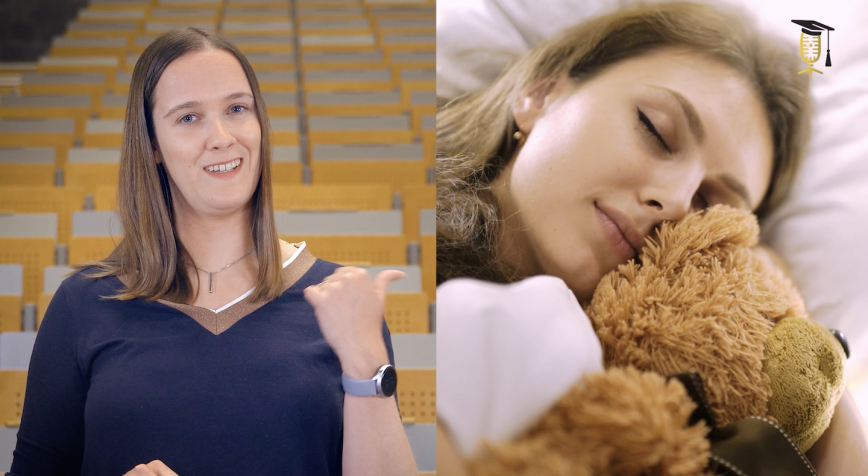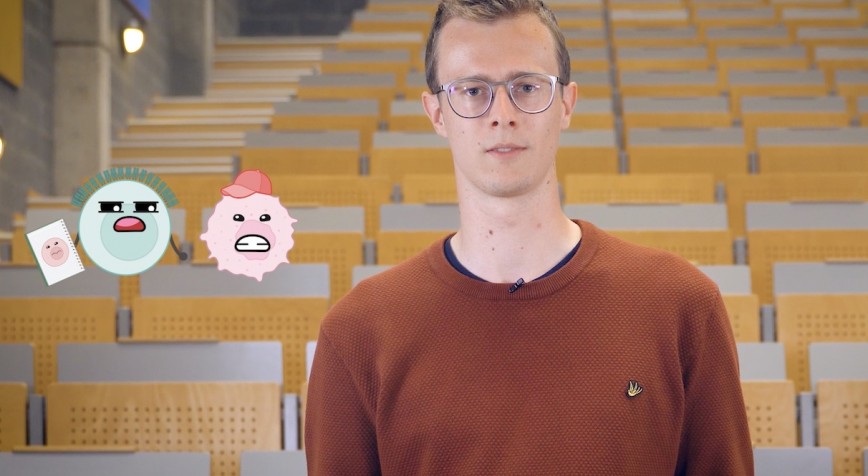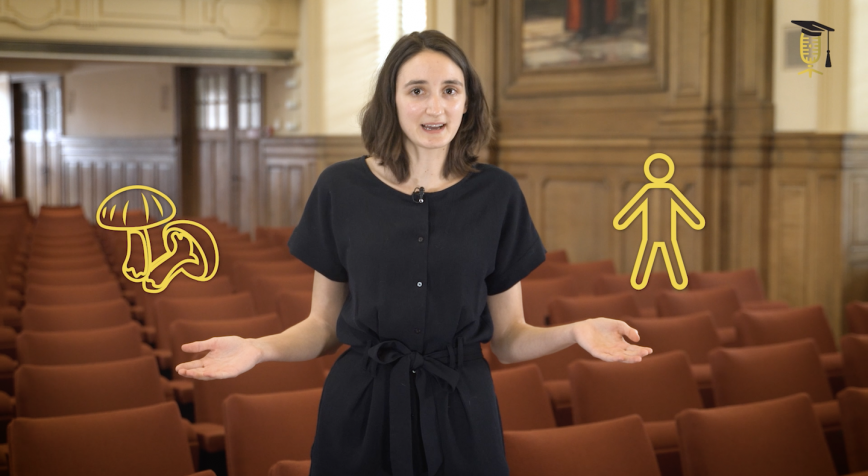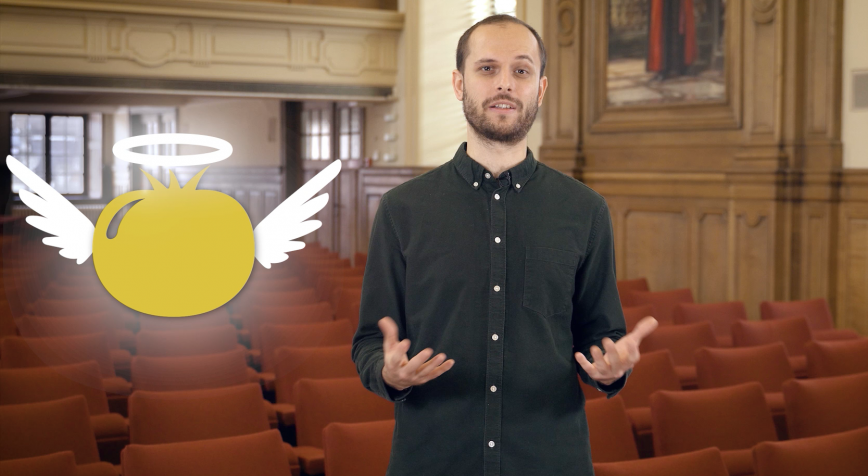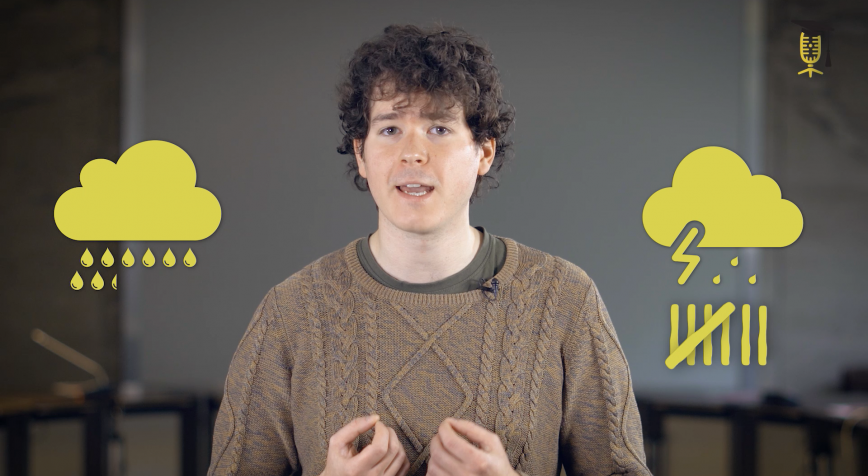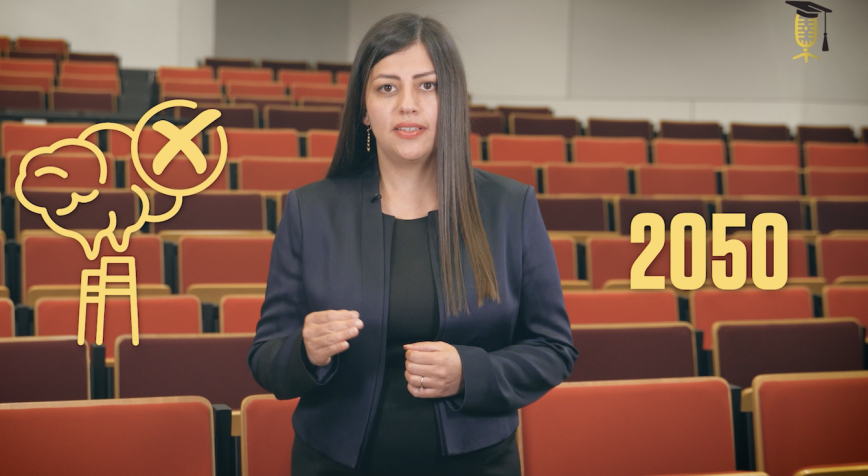
UHasselt
Bringing state-of-the-art climate research into industry
Do you think we will be able to stop CO2 emissions by 2050? Because that's what we need to do to fight climate change. Worldwide, an estimated one million researchers are currently working on solutions for climate change. At Hasselt University, Talieh Rajabloo is mapping state-of-the-art climate research & technologies that can help energy-intensive industries such as the petrochemical and metal sectors reduce their CO2 emissions.
